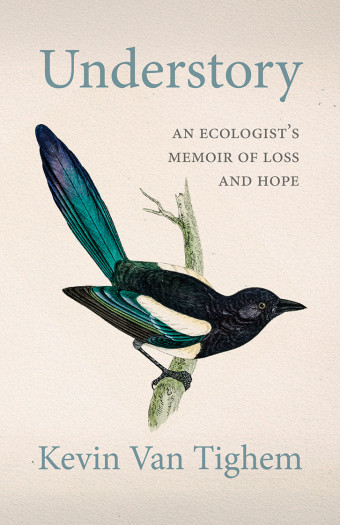Winnipeg author Louella Lester has been working since she was five years old. From selling onions door to door, to cleaning pianos, to busy days writing and taking photographs after she retired from her teaching career, she has always worked at something. “I don’t feel right if I’m not learning or doing,” she says.

- Glass Bricks
- Louella Lester
- At Bay Press
- $21.95 Paperback, 256 pages
- ISBN: 978-19-88168-42-5
One of the fruits of Lester’s post-“retirement” labour is her new book, Glass Bricks, which is a memoir of her working life – the jobs and the lessons learned – told with humour and grit and “the odd flight of fancy” in short/flash creative non-fiction pieces and a selection of her black and white photographs.
The compact length combined with spot-on, often quirky, details and clear-eyed insights ensures that each piece packs a punch.
The title image is an apt metaphor for the working life. “Glass bricks are strong enough to hold up walls, the way you must be when you are working complicated or hard jobs,” Lester says. “But they are also fragile and can be easily broken, representing the times at work that you might feel that you don’t measure up or things go wrong or you are tired or get hurt or you quit.”
Not everyone has had enough jobs to fill a book, especially ones so different from each other. Lester worked conventional jobs – such as serving customers in doughnut shops and completing tax forms – but she was also a trailblazer, working in male-dominated environments like diesel mechanics shops and pulp-and-paper mills.
“My parents had only daughters, so we did it all: cutting grass, cutting wood, doing housework, cooking, helping build things, fixing vehicles,” she explains. “I helped my dad a lot and never felt there were jobs a woman couldn’t do. So, it wasn’t until I went to Red River College and saw so few women in the trades courses that I really realized it was a bit different to be a woman in the diesel shop.

“Sometimes, when I was working in non-traditional jobs, I did feel some pressure – pressure that I was representing all women, and if I didn’t succeed it would negatively impact all who followed.”
Lester dedicates the book to her parents, both of whom died in 2020, saying they modelled a strong work ethic and taught her to take pride in her work. “My parents worked so hard all their lives,” she says, “whether it was paid work or the work they did around our house and yard, building or fixing the house, or working a huge garden to feed their children.”
Now Lester is passing on what she has learned from a life of hard and varied work.
“It’s hard, and sometimes deflating, to work at something you might think is menial or uninteresting for low wages,” she says. “But every job teaches you skills that you can use to get where you want to go. Once on your resumé, these skills show who you are and what you’re capable of doing. Every job I had taught me skills I used later, when it really mattered. And it taught me to respect and appreciate people working in all fields, at all levels.
“All work matters.”
With files from Michelle Bailey













